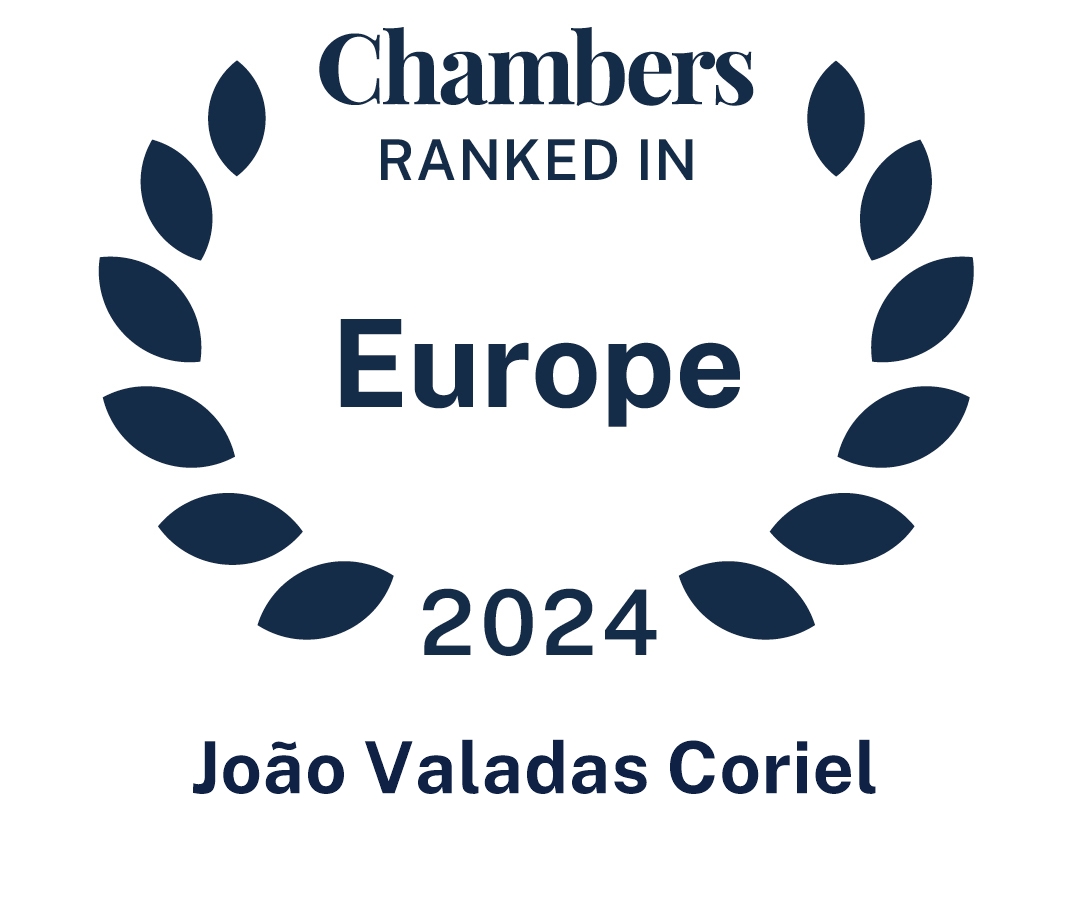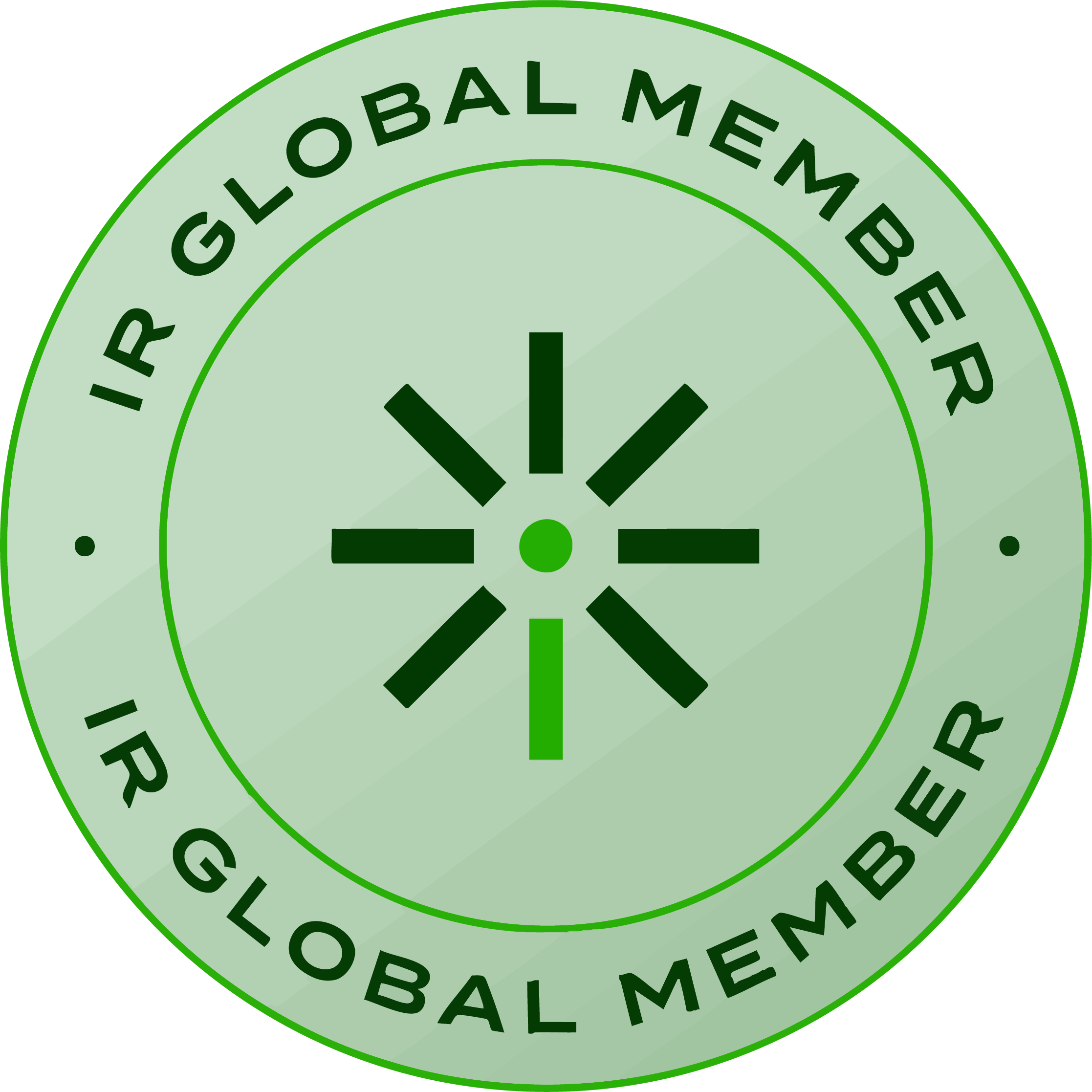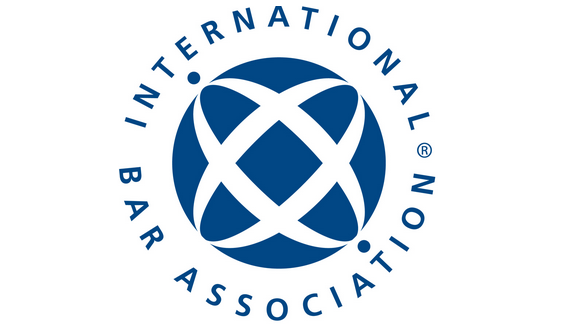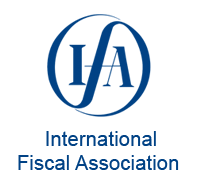The Government recently announced significant changes to Regulatory Decree No. 84/2007, dated November 5th, which regulates Law No. 23/2007, known as the “Foreigners Law” in Portugal. These changes were introduced by Regulatory Decree No. 1/2024, dated January 17th, with the aim of promoting greater efficiency in processing requests related to the stay of foreign citizens in the country while reinforcing security standards.
This restructuring of the legal framework for “entry, stay, departure, and removal of foreigners from national territory” aims to streamline the analysis, approval, and issuance of residence permits covering various types of visas through the streamlining of procedures.
- Over 50 articles have been revised to align the legislation with the restructuring of the former SEF (Immigration and Borders Service) and the transfer of responsibilities to AIMA (Agency for Integration, Migrations, and Asylum) and other competent entities for the regulated administrative procedures.
- In order to dematerialize processes, AIMA plans to create a single platform for various procedures, ranging from the submission of residence permit applications to their renewal, including family reunification. This approach emphasizes digitization and greater efficiency in procedures and human resources.
- Regarding visas granted abroad, when the application needs to be submitted at a Consular Office and/or a Consular Section of the Embassy, the complete digitization of the process is envisioned. This involves submitting a unique form online and using biometric information and data provided by the applicant during the process.
- One of the most significant changes relates to the nomenclature of required documents to prove compliance with requirements. The current legislation includes expressions such as “identification elements and other relevant elements” or “proof of accommodation information.” This change makes the law more comprehensive, aiming to simplify and expedite processes, allowing greater flexibility and variety in the documentation to be submitted. Additionally, AIMA will have the ability to conduct searches in various databases, thus sparing applicants from presenting certain documents.
- Security has been further reinforced by applying stricter rules regarding the collection of residence permits, which will now only be done in person by applicants or their representatives at AIMA institutions. Signatures will be made through qualified technological mechanisms, and tools allowing access to criminal records databases of third countries will be implemented.
- Regarding the renewal of residence permits, procedures are evolving. While renewal can still be done online through the former SEF portal, there is now also the option, in some cases, to carry out this process at the Institute of Notary Registration (IRN).
- Additionally, the new rules allow third parties, such as employers for subordinate professionals and educational institutions for teachers, to submit residence, extension, or renewal requests, provided there is an electronic signature.
- Finally, regarding the granting of residence permits for investment activities, this regulatory decree also foresees the involvement of independent third parties to conduct a double verification of compliance with requirements.
The guidance of a specialized professional can be crucial to understanding how these specific changes may impact your personal situation.
Nationality Department
Ana Santos Fontes | Maria Moura Fonseca | Ana Luíza Fronczak












